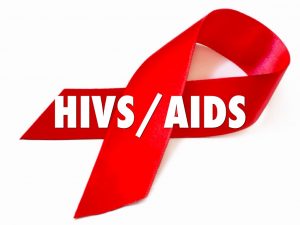
Mumps are caused by a virus that is transmitted through close personal contact, secretions from the nasal passage and through saliva. The disease is contagious and affects the salivary glands also called the parotid glands. Located below and behind the ears are salivary glands in three sets, responsible for saliva production. When salivary glands swell it leads to a condition called mumps. Hallmark of the disease is swelling of salivary glands.
What are the symptoms of mumps?
Symptoms of the disease include low grade fever, fatigue, appetite loss, headache and body ache. Over a few days, high fever up to 103 degrees may be experienced. Swelling of glands happens periodically and they are painful. Mumps is a virus and does not easily respond to medication and antibiotics. Mumps can make the person feel tired or weak, so taking adequate rest is important.
What is mums fever?
Fever can be brought down with medication like paracetamol and acetaminophen. Fever could cause dehydration so drinking lots of fluids is also advisable. Swollen glands make chewing difficult so take soft foods and soups that are easy to chew. Avoiding acidic beverages and foods is also helpful as they could cause more pain in the glands. Ice packs can be applied on swollen glands to soothe them.
Some complications like inflammation of testicles, reproductive organs and brain could occur if mumps is not treated. In males when testicles are affected by orchitis or testicle inflammation, it could lead to sterility. In women, ovaries could swell and become inflamed and painful but does not harm eggs of a woman. However risk of miscarriage could increase in pregnant women suffering from mumps. Mumps could also cause meningitis, inflammation of pancreas or hearing loss, so treatment in due time is very necessary.
MMR, a vaccine for Measles, Mumps and Rubella is administered to children and infants to prevent mumps. The first MMR shot is given between 12 to 15 months during routine visits to the doctor. The second shot is given to children falling between 4-6 years.
After proper diagnosis and treatment the patient can get back to regular school or work after 7 days. The disease is not contagious anymore then, but continues its course for a few weeks. In most cases the disease is contracted only once by the person.








